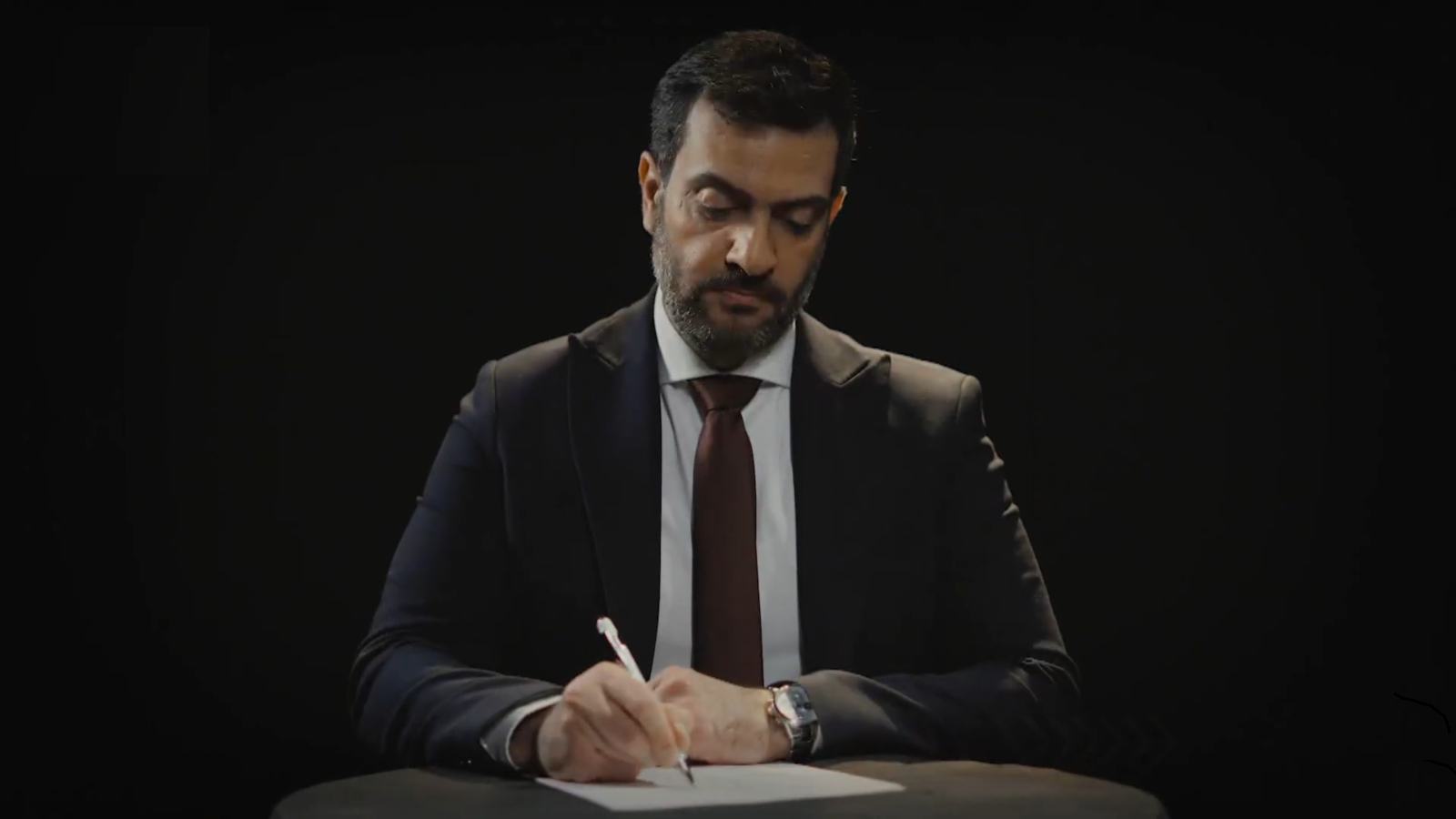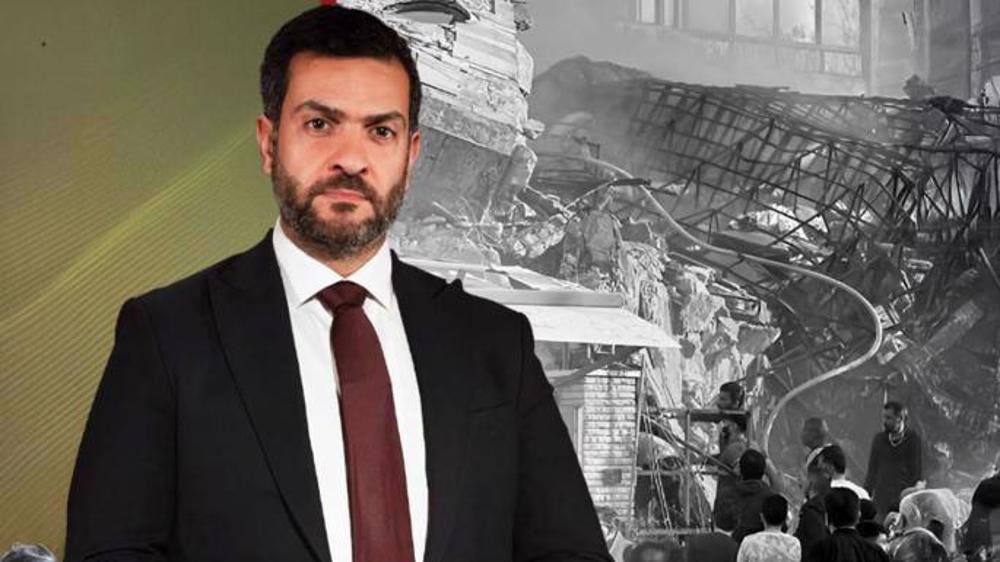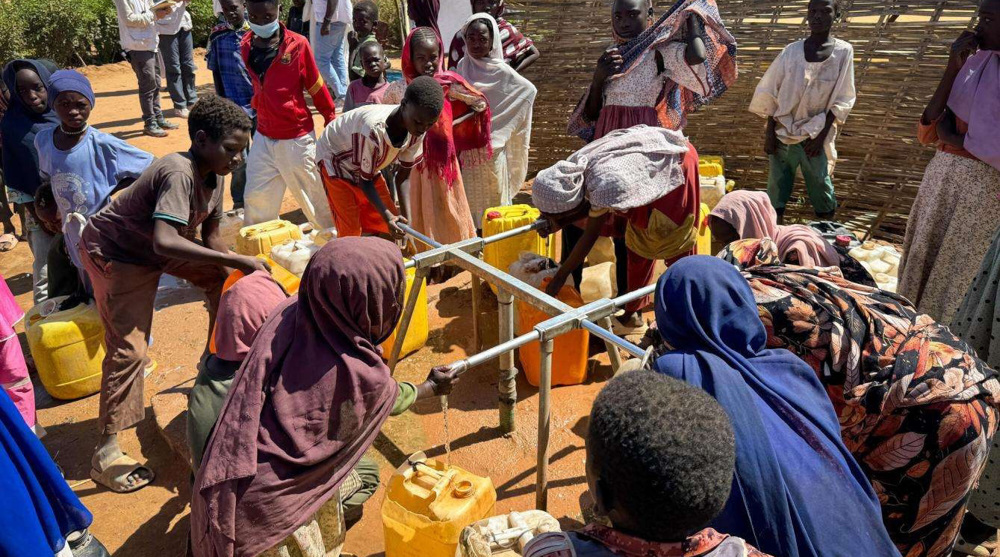Yemen’s Houthis conditionally agree to UN-brokered peace plan
Yemen’s Houthi Ansarullah movement has expressed conditional support for a UN-brokered peace plan put forward in talks previously held in Oman.
The Ansarullah movement will agree to the seven-point peace plan, which also requires adherence to UN Resolution 2216, if other parties to the conflict also commit to the initiative, Yemen’s Saba Net news agency quoted Ansarullah spokesman Mohammed Abdulsalam as saying on Wednesday.
The resolution, which was adopted in April, calls for the withdrawal of Ansarullah fighters from the areas under their control and for them to lay down arms.
Abdulsalam also called on UN Secretary General Ban Ki-moon and the UN Security Council to back Yemen’s peace process.
Yemen’s fugitive former president, Abd Rabbuh Mansour Hadi, has not yet commented on Houthi’s new position. He had earlier ruled out engaging in talks with the Houthis before they accept the UN resolution.
Yemen’s General People’s Congress (GPC), the party of former Yemeni President Ali Abdullah Saleh, has also accepted the peace plan.

Ansarullah fighters took control of the Yemeni capital, Sana’a, in September 2014 and are currently in control of large parts of the Arab country. The revolutionaries said the government of Hadi was incapable of properly running the affairs of the country and containing the growing wave of corruption and terror.
Hadi, along with the cabinet of the former Yemeni prime minister, Khaled Bahah, stepped down in January.
On February 21, he escaped house arrest in Sana’a and fled to his hometown Aden, where he withdrew his resignation and highlighted his intention to resume duties. He later fled the port city to Saudi Arabia.
Unhappy with the advances of the Ansarullah fighters, who are backed by army forces and Popular Committees, Saudi Arabia began a deadly military aggression against Yemen – without a UN mandate – on March 26. The strikes are meant to undermine the Ansarullah movement and restore power to Hadi.
About 6,400 people have reportedly lost their lives in the conflict in Yemen, according to reports.
On Tuesday, Saudi warplanes struck a wedding ceremony in Yemen's western province of Dhamar. The latest death toll, according to Yemen's Health Ministry, stand at 51. Dozens more were also wounded.
‘Houthis becoming political party, extremely important’
In a Thursday interview with Press TV’s website, Siraj Davis, a Jordan-based freelance journalist and human rights activist, hailed the UN-proposed peace plan because it envisions a political process whereby the Houthis are given a role in the decision-making process in the country.
“What I like about the peace plan is the fact that they (Saudi Arabia and its Yemeni allies) do agree to make the Houthis a political party, which is extremely important,” Davis said.
He added, however, that the fugitive officials of the former Yemeni government, which have set preconditions for peace talks, are not sincere in their claims about reaching a peace deal.
“I believe that all sides need to just come to agreement, recognize what is on the ground… that Houthis control practically the majority of everything,” Davis said.
Hezbollah condemns deadly terror attack on worshippers in Syria’s Homs
Iran parliament probes missing $6.7bn in oil export revenues: MP
Saudi-backed coalition vows to counter UAE allies in Yemen
VIDEO | Heavy rains, flash floods leave Southern California homes caked in mud
‘He chose to save lives’: Netizens rally for Gaza doctor’s release after a year in Israeli jail
US uses Iraqi airspace to spy on Iran, says Iranian ambassador to Baghdad
Iran facing ‘all-out war’, stronger than before June war: President
Iran’s headline inflation up 1.8% to 42.2% in December: SCI










 This makes it easy to access the Press TV website
This makes it easy to access the Press TV website